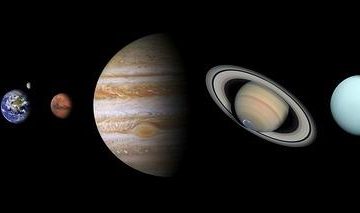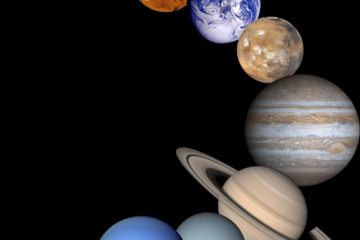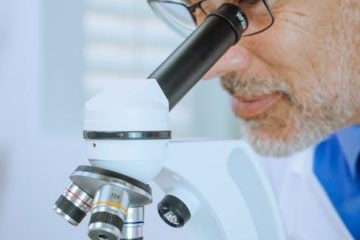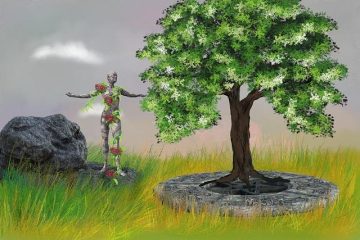Planetary ecology
planetary ecology
Planetary ecology invites us to explore the intricate web of life connecting earth’s ecosystems, from the tiniest microorganisms to vast forests. It challenges us to consider our role and responsibility in nurturing this delicate balance for future generations.








